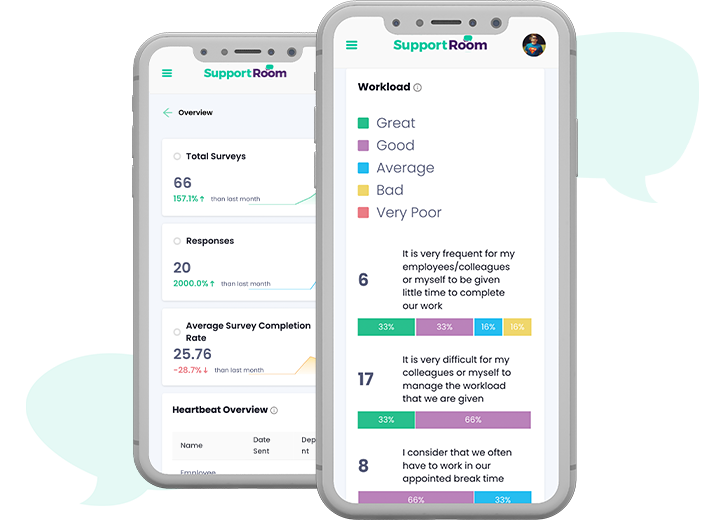Anorexia Recovery & Online Help








- Addiction
- Anorexia
- ADHD
- Bereavement
- Binge Eating Disorder
- Bipolar Disorder
- Body dismorphic disorder
- Depression
- Eating Disorder
- Generalised Anxiety Disorder
- Post-Traumatic Stress Disorder
- Obsessive Compulsive Disorder
- Health anxiety
- Phobias
- Panic attacks
- Postnatal Depression
- Sleep disorders
- Psychosexual Issues
- Self Harm
- Social anxiety
- Stress
- Substance misuse
- Work-related stress
Do you diet incessantly and find it difficult to stop? Perhaps you look in the mirror and see a fat blob, even though your friends try to convince you that you’re too skinny?
What is Anorexia?
Anorexia nervosa affects both men and women and is considered a serious mental health condition affecting a person’s attitudes to eating and food. The eating disorder results in a range of damaging behaviours that can be life-threatening if left untreated.
A person suffering from the condition tends to live in fear of putting on weight or becoming fat. Most sufferers believe that they’re overweight, even though they’re not.
Anorexia nervosa is a complex disorder; trying to convince the sufferer that they’re not fat is extremely unlikely to have any effect. People with anorexic eating disorder keep their weight as low as they can by restricting their diet and exercising excessively.
Some anorexic sufferers make themselves sick or use laxatives to purge their bodies of excess calories (although this is more often associated with Bulimia).
What are the signs of anorexia?
Anorexic people are usually adept at hiding their behaviour from family and friends.
The most common behavioural symptoms are:
- Missing meals – they may eat very little when they do eat and avoid some types of food altogether if perceived to be fattening.
- Obsessive calorie counting
- Promptly leaving the table after a meal – often with the intention of vomiting
- Using laxatives or appetite suppressants, often excessively
- Continually weighing oneself
- Obsessively checking one’s body in the mirror
The most common physical signs of anorexia are:
- Regular light-headedness and/or dizziness
- Hair loss
- Dry skin
The most common emotional symptoms are:
- Anxiety
- Depression
- Self-harming
Anorexia is a severe threat to life, and a sufferer is unlikely to overcome the condition on their own.
Luckily, there’s a range of therapies designed to help an anorexia sufferer overcome the behavioural, physical, and emotional damage caused by the condition.
What types of therapies have been proven to help?
Treatment for anorexia is often a case of acknowledging the problem and exploring the root causes. Therapeutic approaches aim to help the individual recognise their triggers and relearn the response to those troublesome situations.
Therapeutic approaches that are often successful include:
- Psychiatric intervention
- Cognitive behavioural therapy (CBT) – a talking therapy, aiming to help a person manage their problems by addressing their thought- and behavioural responses to trigger situations.
- Dialectical behaviour therapy (DBT) – an offshoot of CBT, adapted for people who find their emotions overwhelming, aiming to help one understand and accept difficult emotions.
- Schema therapy (ST) – a treatment that addresses how we frame and organise our negative responses to ingrained emotional beliefs or patterns.
- Cognitive analytic therapy (CAT) – exploring problematic patterns in one’s thinking, emotional responses, and behaviour; often grounded in childhood experiences.
Facing up to things
One of the most challenging aspects of anorexic conditions can be the shame and low self-esteem a person inevitably experiences.
This can prevent them from seeking help. There’s often a substantial degree of denial in a person suffering from anorexia.
If you recognise the physical symptoms and signs of anorexia and you feel unable to stop excessive dieting, you might need some help. It’s helpful to talk through your issues with an online professional who will treat your case with the utmost confidentiality; without judgement.
The team at SupportRoom are trained to help. And, because we run all of our support sessions online, you can access our services at a time and in a place that feels most comfortable for you.

Get a free Heartbeat Survey.
Let us uncover the true state of your team’s wellbeing with a free mental health survey for your entire organisation.
Gain valuable insights to see how you can better support your team’s mental health and performance.
No pitch. No credit card required.
Interested in learning more and how Support Room can help you?
Our online mental health platform is currently under development. However, we are pre-registering anyone who is interested in using it once it’s live.
